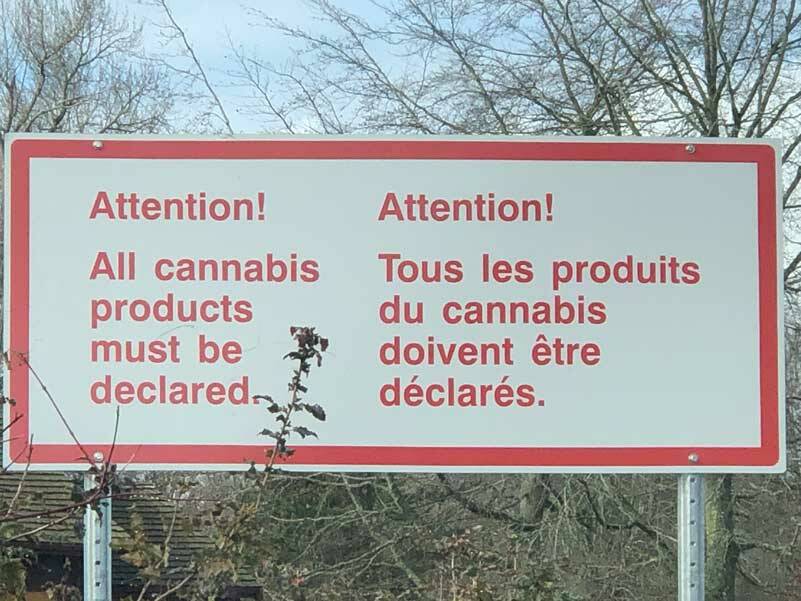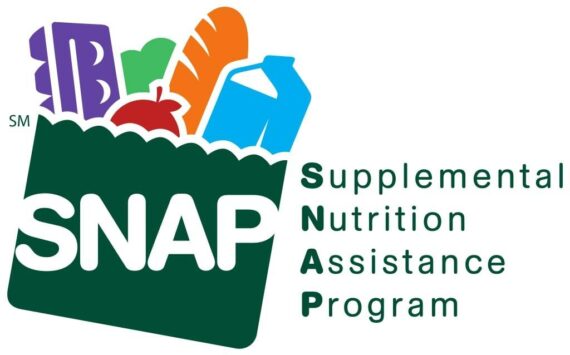By Morf Morford, Tacoma Daily Index
Back in 2018 the Farm Bill federally legalized the cultivation and sale of hemp and its derivatives, which, to put it mildly, marked a monumental shift in U.S. agriculture, law and commerce.
But, even with this official recognition from Congress, the FDA maintains that marketing CBD in food or as a dietary supplement is illegal, creating a complex, if not contradictory, regulatory environment and posing unforeseen and, at best, uncertain and unpredictable challenges for businesses – and customers.
For several years now, consumers and industry leaders have been urging the FDA to regulate and define appropriate use of CBD products.
FDA studies have shown that CBD products are widely mislabeled. You can see a Johns Hopkins study of mislabeling of CBD products here. Even worse, some third-party studies have shown that many CBD products contain contaminants such as lead and THC – which might induce a psychoactive “high” effect at high doses and you can potentially test positive for cannabis using conventional drug tests.
According to the Johns Hopkins study;
Only 89 (85%) of the 105 tested products listed the total amount of CBD in milligrams on the label. Of the 89 products, 16 (18%) contained less CBD than advertised, 52 (58%) contained more CBD than advertised and 21 (24%) were accurately labeled. On average, the in-store products contained 21% more CBD than advertised and the online products contained 10% more CBD than advertised.
THC was detected in 37 (35%) of the 105 products, though all were within the legal limit of 0.3%. Four (11%) of those 37 were labeled as “THC free”.
Of the 105 products, 29 (28%) made a therapeutic claim, mostly about pain/inflammation, 15 (14%) made a cosmetic/beauty claim (e.g., that they alleviate wrinkles or nourish/improve skin) and 49 (47%) noted they were not FDA approved.
You can see Hopkins sponsored studies on cannabis from the past several years here.
The collision of science and law
Research is one thing, but the law, and appropriate use are very different subjects.
In our state, you might see hundreds of CBD products on the market – everything from vape pens and tinctures to creams, gummies and bath bombs, brownies and cafe lattes. But not every state. Even one state right next to us.
About a dozen states have legalized recreational and medical use of cannabis. About twenty have legalized medical use. And about fifteen have legalized CBD only. You can see a map of the legal status of cannabis products in states and territories here.
Is it “good” for us?
Cannabis, in multiple forms, crosses, converges and collides with established legal guidelines, medical uses, alternative health care and, of course, elaborate (and not always reliable) marketing.
In many cases hemp growers and CBD manufacturers and vendors are ahead of the scientific evidence – and the all too often not fully informed state officials and regulators tasked with overseeing the safety of foods and dietary supplements.
Federal or state regulation?
For the past hundred years or so, the federal government made little or no distinction between marijuana and hemp, even though hemp contains very little THC. Both were illegal on a federal level. That started to change when Congress made it easier for states to let farmers grow hemp in test programs. But the language in that law was so vague that state and federal regulators have been scrambling to make sense of it all.
In 2018 the FDA approved the first prescription drug with CBD – Epidiolex – to treat rare and severe forms of epilepsy. You can see a continually updated website of FDA regulation of cannabis products here.
Consumer Reports weighs in
In its never-ending pursuit of the issue of whether we, as consumers, get what we pay for, the always reliable Consumer Reports analyzed several CBD products, and, as with every other item or service marketed to us, not everything was as it was claimed. You can see their research here: https://www.consumerreports.org/cbd/cbd-may-be-legal-but-is-it-safe/ and here: https://www.consumerreports.org/cbd/cannabis-and-cbd-guide/.





